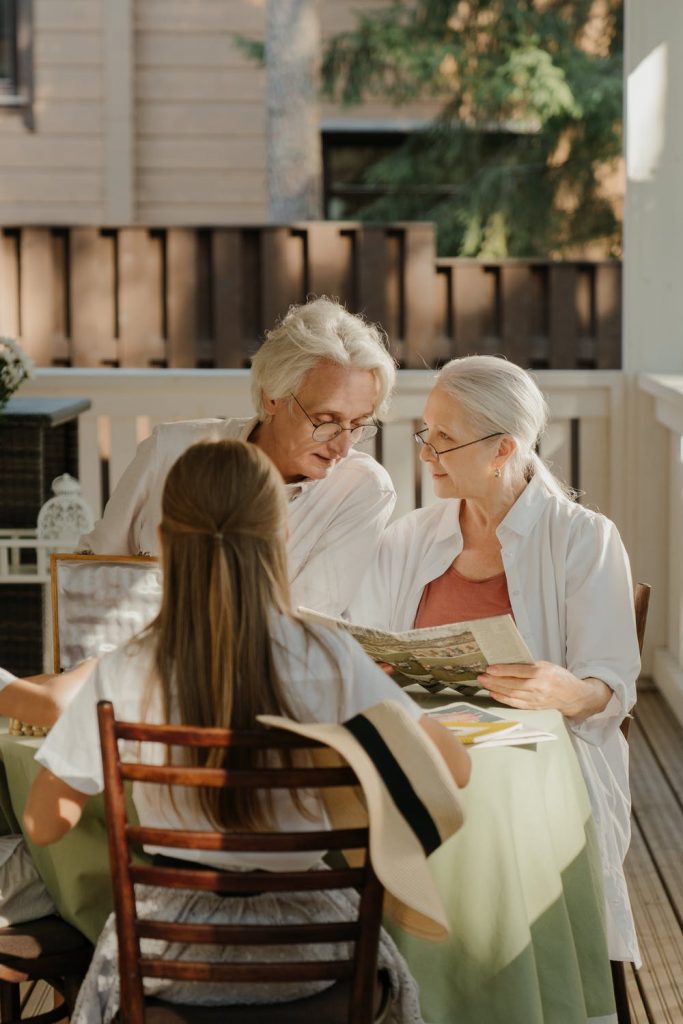Making the decision to move an elderly person into a care home can be a tough decision, made all the worse when that person was fiercely independent when they were younger.
However, old age makes fools of us all, to paraphrase Eric Temple Bell, and even the strongest people ultimately need help. While it can seem like a decision that should be immediately enacted, here are eight tips for ensuring a smooth transition into a care home for your loved one.

No Sudden Moves
Be gentle with your loved one during the whole process, even if you feel it to be an urgent matter. Discuss with them the various reasons for their moving into a care home, and ask them what they think.
Explain the costs of in-home care versus care home residents and the differences in the care they will receive.
Always remember that your loved one deserves the dignity of choosing their own path, or at the very least, being persuaded that your way is the best and willingly agreeing to the move.
Respite Visits
If the care home allows for it, let your loved one go and visit the home.
They could maybe visit for a meal, enjoy a tour of the facilities, or even spend a weekend there.
As well as giving them a realistic idea of what life in the care homes in North Devon would be like, it also means that they will know where everything is and feel some familiarity with the place when it does become their permanent home.
Make it Personal
Most care homes give residents their own room, which can, to a certain extent, be decorated to their own tastes.
Family photos, familiar cushions on the bed and chair, favorite paintings, and even their own electronics can all go some way to making the place feel welcoming and homely, rather than the clinical appearance of a hospital ward, which can sometimes be the case.
Do check the rules of what is or is not permitted early in the process, so that your loved one’s expectations can be managed.
Invite Relatives
If your loved one is used to children and grandchildren popping in, encourage them to do the same in the care home.
While there might be a period when visiting is not encouraged – see below for more on that – when visitors are allowed, ensure the whole family knows where your loved one is and when they can go to visit them. Feeling part of the family is even more important than ever before, now they are no longer the heart and center of family life.
You Should Be Aware
As your loved one’s self-appointed carer, you must understand – and let your loved one know – that by entering the care home, you might lose some of that control over their medical care, appointments and finances.
This is sometimes the case as your loved one is placed under the care of a social worker, one of whose jobs is to ensure that the older person is not being taken advantage of by their carer.
It is an unpleasant thought, but, sadly, it can happen. In time, the care home will get to know you, and – with your loved one’s support – include you in these decisions once again.
Many care homes have a ‘no visitors’ policy for the first week or two of the older person’s residency.
This is to allow them to get to know each other, and for the older person to settle in and meet other residents, hopefully forming the basis of new life-long friendships.






